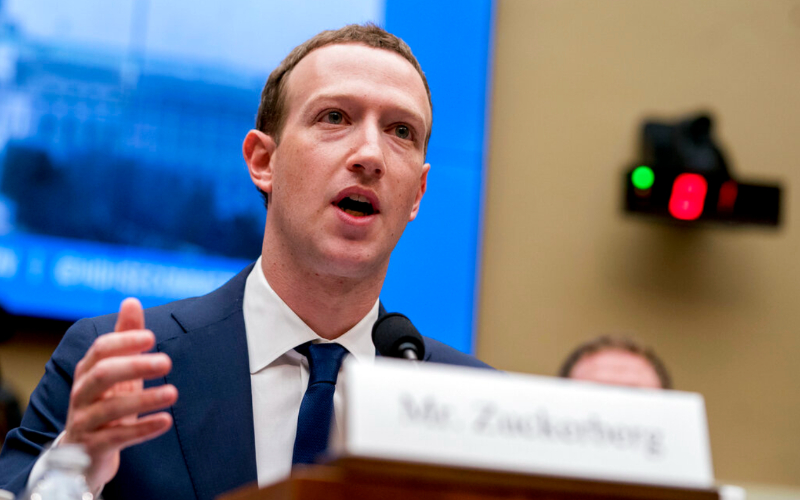Mark Zuckerberg, CEO of Meta, on Sunday unveiled a new paid membership service for Facebook and Instagram that offers customers a sacred blue check in exchange for a monthly charge.
On the web, Meta Verified will cost $11.99 per month and on iOS, $14.99 per month. Prior to a larger deployment, it debuts this week in Australia and New Zealand.
The subscription “lets you verify your account with a government ID, get a blue badge, get extra impersonation protection against accounts claiming to be you, and get direct access to customer support,” Zuckerberg said.
The Facebook founder stated that offering direct access to customer assistance will be expensive and that this expense will be covered by subscription fees.
The new choice was introduced shortly after Twitter unveiled a redesigned version of Twitter Blue, a premium service that offers users a verified profile and other perks which includes extra protection from impersonation accounts and direct access to customer support.
There won’t be any modifications to accounts that have already been validated, according to a statement from Meta. Before, verification was only available to “authentic and notable” users.
“We are evolving the meaning of the blue badge to focus on authenticity so we can expand verification access to more people,” a Meta spokesperson said. “We will display follower count in more places so people can distinguish which accounts are notable public figures among accounts that share the same name.”
Meta joins other websites with subscription-based business structures, such as Discord, Reddit, and YouTube.
Soon after finalizing his $44 billion deal to buy the firm last year, Elon Musk launched Twitter Blue. At the time, he claimed that an exodus of advertisers was to blame for Twitter’s “massive drop in revenue.”
Since its high in September 2021, Meta has experienced its own challenges, with stock prices falling by around 54% over the past 18 months.
In recent months, the social media juggernaut has let go of approximately 11,000 employees as part of a wider slowdown among major IT firms.











